Filter by
The language used throughout the course, in both instruction and assessments.
568 results for "neural networks"
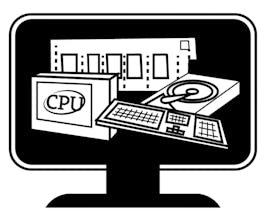
University of London
Skills you'll gain: Algorithms, Artificial Neural Networks, Deep Learning, Human Learning, Machine Learning, Machine Learning Algorithms, Statistical Machine Learning, Critical Thinking, Data Analysis, Decision Making, Training
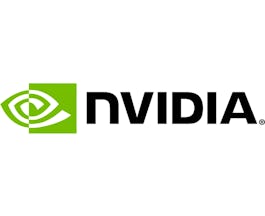
Skills you'll gain: Deep Learning, Machine Learning
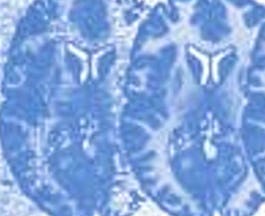
Johns Hopkins University
Skills you'll gain: Statistical Programming, R Programming, Probability & Statistics, Data Management, Data Structures, Data Analysis, Statistical Analysis, Data Visualization, Visualization (Computer Graphics), General Statistics, Research and Design, Experiment, Correlation And Dependence, Mathematical Theory & Analysis, Process Analysis, Spatial Analysis, Spatial Data Analysis, Bioinformatics, Extract, Transform, Load, Computer Programming
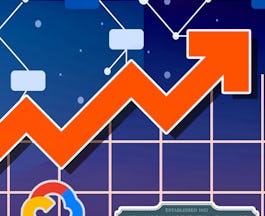
New York Institute of Finance
Skills you'll gain: Financial Analysis, Machine Learning, Finance, Investment Management, Algorithms, Financial Management, Leadership and Management, Market Analysis, Risk Management, Strategy, Applied Machine Learning, Machine Learning Algorithms, Deep Learning, Google Cloud Platform, Human Learning, Training, Cloud Computing, Reinforcement Learning, Python Programming
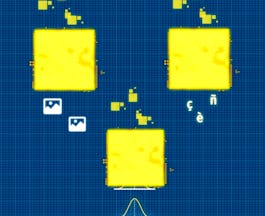
Imperial College London
Skills you'll gain: Deep Learning, Machine Learning, Artificial Neural Networks, Applied Machine Learning, Python Programming, Tensorflow, Probability & Statistics, Statistical Analysis
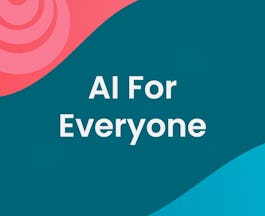
DeepLearning.AI
Skills you'll gain: Data Science, Deep Learning, Machine Learning, Artificial Neural Networks, Business Transformation, Human Learning, Planning, Project Management

DeepLearning.AI
Skills you'll gain: Machine Learning, Machine Learning Algorithms, Deep Learning, Python Programming, Artificial Neural Networks, Statistical Programming, Probability & Statistics

Amazon Web Services
Skills you'll gain: Amazon Web Services, Cloud Computing, Cloud Infrastructure, Cloud Management, Cloud Applications, Cloud Platforms, Cloud Engineering, Cloud Storage, Network Security, Cloud API, Cloud-Based Integration, Computer Security Models, Security Engineering, Security Software, Security Strategy, System Security, Cloud Standards, Distributed Computing Architecture, Data Management, Database Design, Databases, Software Architecture, Data Architecture, Continuous Delivery, Data Visualization, Data Analysis, Planning

Skills you'll gain: Data Management, Databases, Database Administration, Extract, Transform, Load, Big Data, SQL, Python Programming, Apache, Database Design, Distributed Computing Architecture, Data Architecture, Database Application, NoSQL, Data Structures, Data Model, Data Warehousing, Cloud Computing, Database Theory, Data Engineering, Machine Learning, Data Visualization, Computer Programming, IBM Cloud, Data Mining, Data Analysis, Leadership and Management, Process Analysis, Internet Of Things, Kubernetes, PostgreSQL, Business Analysis, Devops Tools, Business Intelligence, Data Visualization Software, Linux, Network Security, Statistical Programming, Data Science

University of Illinois at Urbana-Champaign

Universidad Nacional Autónoma de México
Skills you'll gain: Artificial Neural Networks, Adaptability, Algorithms, Computational Logic, Machine Learning, Theoretical Computer Science, Critical Thinking, Human Computer Interaction, Human Learning, Machine Learning Algorithms, Machine Learning Software, Natural Language Processing, Leadership and Management, Problem Solving, Strategy, Strategy and Operations, Probability & Statistics, Python Programming

Skills you'll gain: Artificial Neural Networks, Deep Learning, Human Learning, Machine Learning, Tensorflow, Applied Machine Learning, Machine Learning Algorithms, Network Model, Dimensionality Reduction, Mathematical Theory & Analysis
Searches related to neural networks
In summary, here are 10 of our most popular neural networks courses
- Machine Learning for All: University of London
- Introduction to AI in the Data Center: NVIDIA
- Neuroscience and Neuroimaging: Johns Hopkins University
- Machine Learning for Trading: New York Institute of Finance
- TensorFlow 2 for Deep Learning: Imperial College London
- AI For Everyone: DeepLearning.AI
- AI for Medicine: DeepLearning.AI
- AWS Fundamentals: Amazon Web Services
- IBM Data Engineering: IBM
- Deep Learning for Healthcare: University of Illinois at Urbana-Champaign










